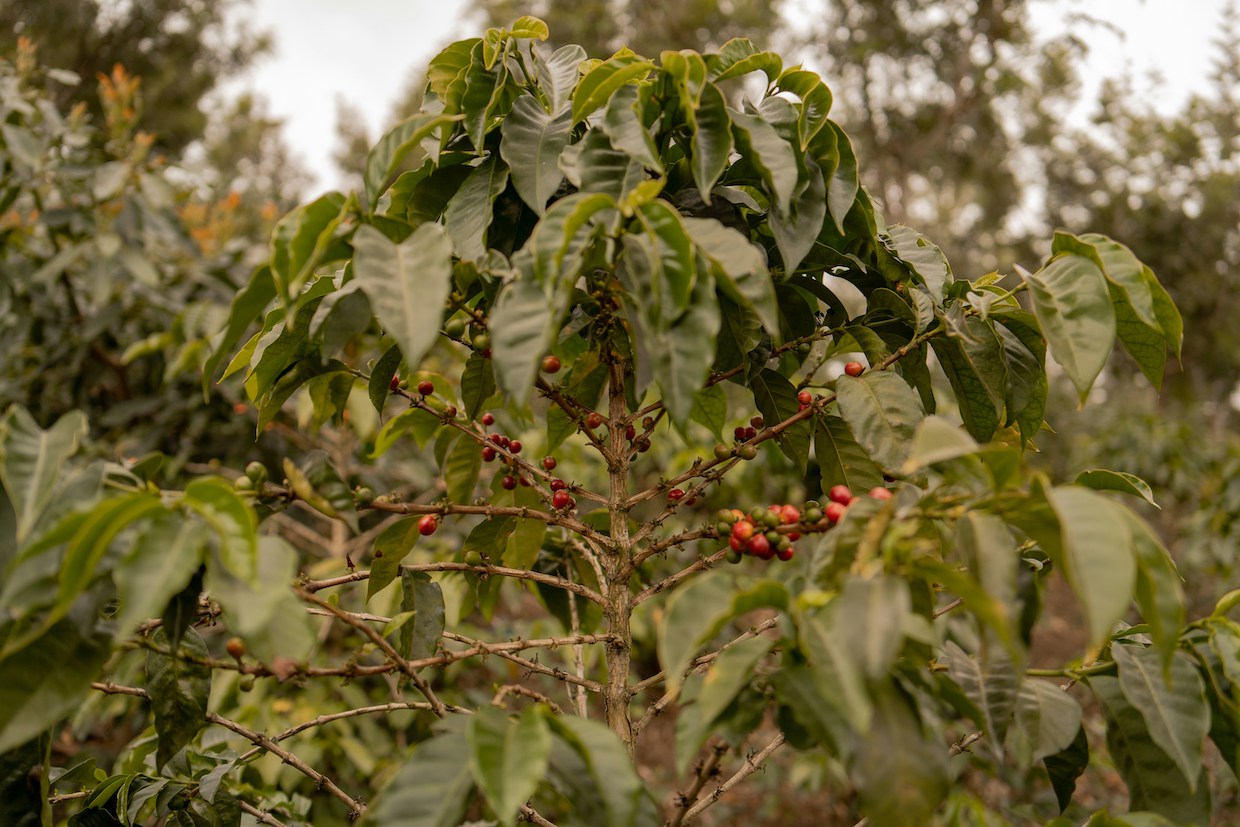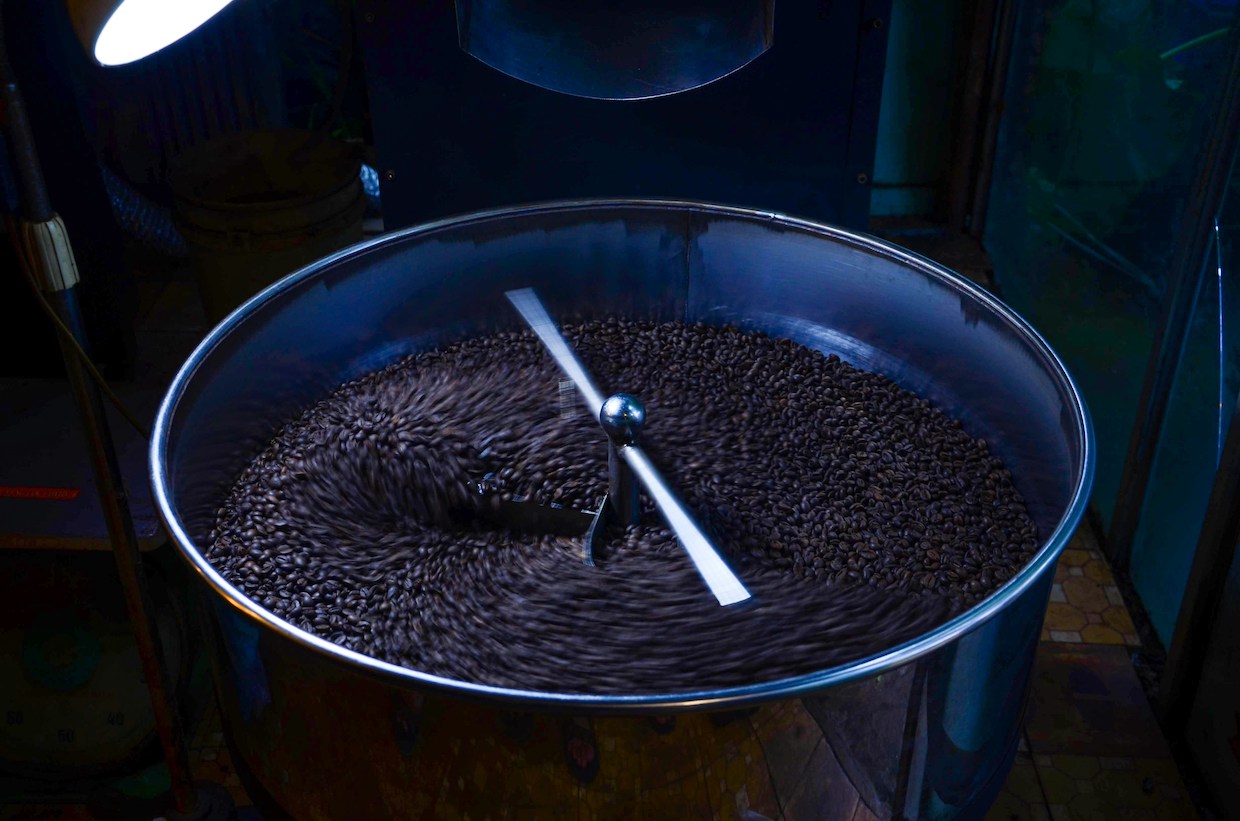Prominent coffee-focused nonprofits and trade organizations recently issued separate calls to European leaders to take immediate action regarding the new EU deforestation-free supply chain law (EUDR).
In a public statement on Aug. 9, the farmer-focused organization Fairtrade International warned that certain producers may be “cut off from trade with the EU market or pushed out of supply chains by larger producers, not because they farm on deforested land, but because they face challenges in collecting, managing and submitting the necessary data.”
A separate letter sent to EU Commission President Ursula von der Leyen — signed by the Global Coffee Platform, the European Coffee Federation the World Coffee Producers Forum and other coffee organizations — called for “urgent intervention” in order to prevent “unintended consequences for smallholder coffee farmers and smaller companies.”
Both statements call for immediate interventions on behalf of the EU prior to enforcement of the new law, which is scheduled to take effect Dec. 30 of this year.
Designed to prevent deforestation in European product supply chains associated with coffee, cocoa, cattle, palm oil, soy and wood, the law calls for financial and other market-related penalties for European companies who fail to meet due diligence and reporting requirements.
Since the law was approved in late 2022, numerous coffee industry analysts and producer advocacy groups have warned that it may have adverse unintended consequences, particularly for smallholder farmers who may lack the capacity for compliance and reporting, and thus represent higher risk.
In the letter to the EU Commission head, the consortium of coffee groups said it represents the entire coffee supply chain, “accounting for over 90% of the coffee imported, manufactured, sold, and exported in/from the EU annually.”
“We share the European Commission’s vision for environmental sustainability,” the group stated. “However, achieving these ambitions requires collaboration and a realistic timeframe. It is crucial to avoid creating a two-tier market and ensure that no loopholes exist that could lead to overproduction in low-risk areas.”
The letter was additionally co-signed by the ASEAN Coffee Association, the Brazilian Coffee Exporters Council (CECAFE), the National Association of Coffee Exporters of Colombia, (Asoexport), the PNG Coffee Industry Corporation and the Uganda Coffee Federation.
Comments? Questions? News to share? Contact DCN’s editors here.
Related Posts
Nick Brown
Nick Brown is the editor of Daily Coffee News by Roast Magazine.








Comment